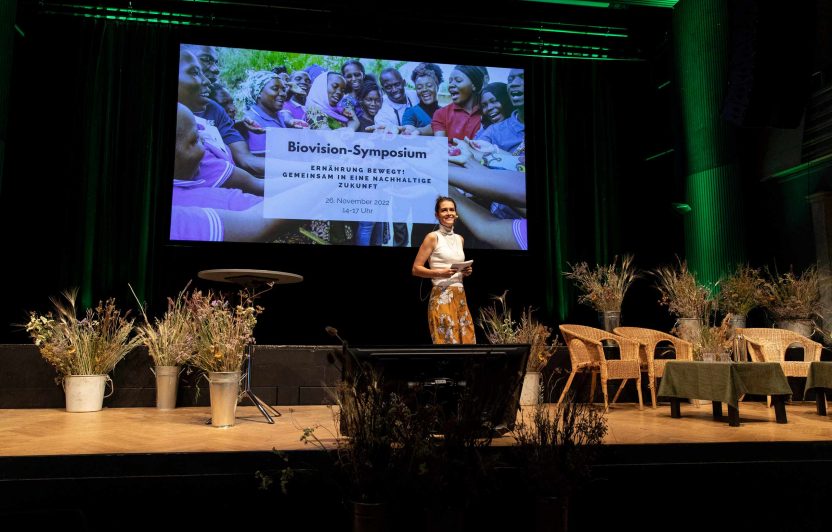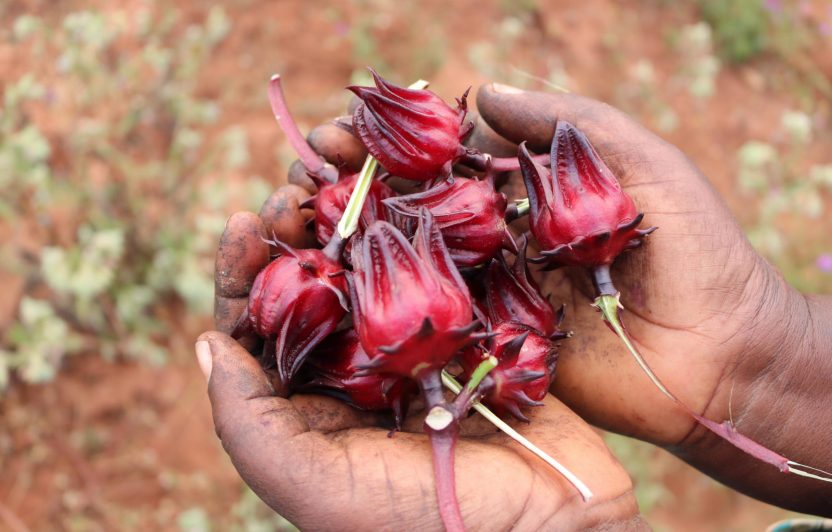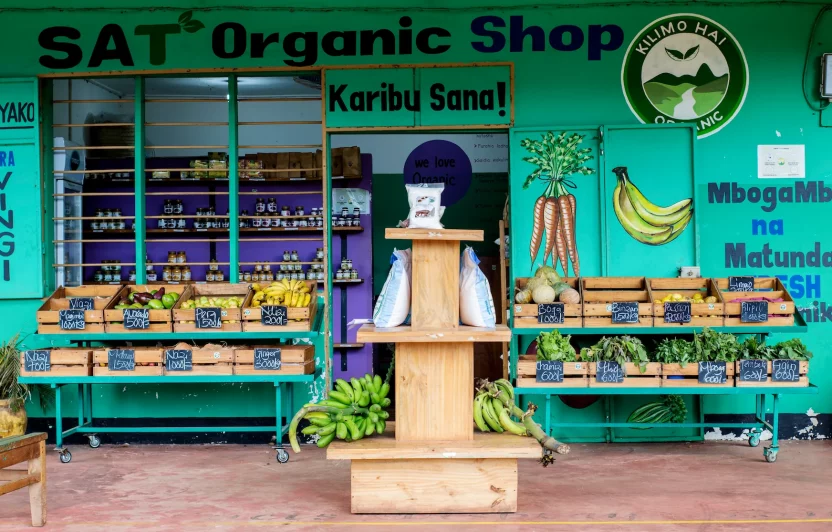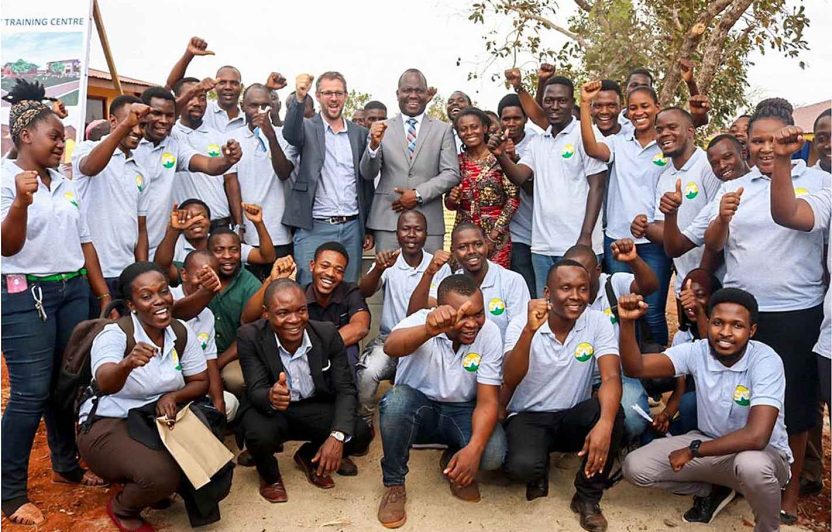Silke Bollmohr has been advising East African farmers on converting to organic agriculture for 20 years. She is currently observing a transformation: “Last year, there was an incredible amount of movement in Kenya. Many farmers want to convert to organic production because they have realized that a market for it is emerging.”
Geertje Otten, COO of the Dutch consultancy ProFound, confirms this impression. In February at Biofach, an international trade fair, she spoke about market opportunities for organic products in Africa. She emphasized that, although most certified organic products are still exported, the demand for healthy organic food is growing in many African countries. There is an increasing awareness for healthy food, especially among the growing middle class in cities like Nairobi.
News about toxic pesticides spreads fast
Especially because of social media and the internet, information reaches people faster – even information about the dangers of synthetic chemical pesticides sprayed on tomato crops. For example, the shocking results of a study by local NGOs on highly dangerous pesticides approved in Kenya and applied to fields spread quickly and led to a discussion among the broader public (see the interview on the topic). Out of concern for their own health, market customers are therefore increasingly asking how products are produced and are demanding organically produced vegetables.
David Amudavi, director of Biovision’s partner organization Biovision Africa Trust (BvAT) in Nairobi, also emphasized the great potential for organic agriculture in Africa, for export as well as for the domestic market, in his contribution at Biofach. The numbers are clear: Only 20 years ago, there was practically no arable land in Africa that was cultivated according to organic standards. In 2019, there were around 2 million hectares of certified organic farmland. (The latest figures are available at “The World of Agriculture” by FiBL and IFOAM.) These numbers do not even count farmers who are switching to more organic farming methods without certification.
Great potential – great challenges
Countries in East Africa play a pioneering role: Uganda is the African country with the most organic producers (210,000), followed by Ethiopia with 204,000 and Tanzania with 149,000. Kenya is in sixth place with 37,000.
The potential is great – but so are the challenges. David Amudavi’s remarks made clear that much development is still needed to enable a breakthrough in the market for organic products in Africa. An exemplary case is that of Sustainable Agriculture Tanzania (SAT), supported by Biovision since its founding. Over the last nine years, SAT evolved from a vegetable patch into an organization recognized beyond the country’s borders. (See the article “Tanzania: Organic Farming Becoming Professionalized”).
Much depends on individual initiatives
Such initiatives are crucial to advancing the development of organic agriculture, explains Loredana Sorg, the Biovision programme officer responsible for the SAT partnership. “They usually depend on the extraordinary commitment of individuals and institutions.”
Apart from increased research, accredited organic farming training courses, advertising campaigns, political lobbying and the commitment of large associations, local and national impulses are needed to create a solid ground. “We at Biovision are working with partner organizations in East Africa to identify, promote and network such initiatives.”
A uniform organic standard?
A central question remains regarding a universally valid organic standard. Such a standard does not yet exist in Africa. Silke Bollmohr says that farmers do not have to go through a comprehensive certification procedure to sell their vegetables as organic. Much is based on trust: “The customers often know the vegetable farmers personally.” This keeps the investments low and thus also the prices; organically produced vegetables are not necessarily more expensive in Kenya.
But the agricultural advisor is aware that, “of course, this is a somewhat romantic model. A larger scale would push its limits.” Loredana Sorg adds, “If personal contact with the consumer is lacking, the margins without certification will remain low for producers.” Locally supported, trustworthy certification standards are therefore an important prerequisite for the market for organic vegetables in East Africa to continue to grow.





